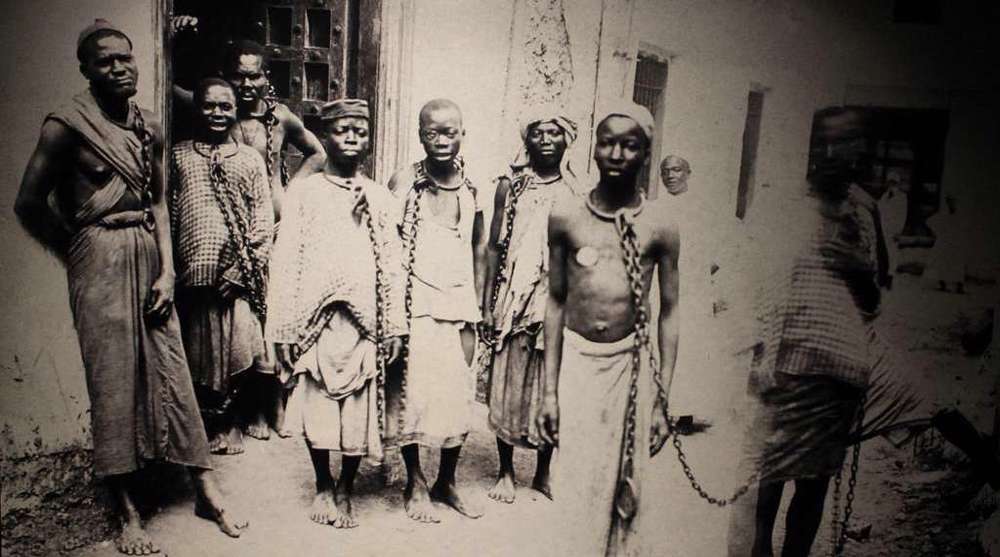Growing number of children in UK prescribed antidepressants amid surge in suicides
British doctors are increasingly prescribing anti-depressants to children, a new trend which has been linked to cases of self-harm and suicide among minors.
The data obtained by BBC's File on 4 showed that doctors had prescribed more anti-depressants to children in England, Scotland and Northern Ireland over the past three years.
In England, there was a 15 percent rise. Scotland saw a 10 percent increase. And in Northern Ireland the number rose by 6 percent.
The BBC said the steepest increase was seen in the youngest patients, those aged 12 and under.
The data is related to the prescription of powerful antidepressants known as selective serotonin reuptake inhibitors (SSRIs).
Experts say the rise in the use of anti-depressants for children, which should be prescribed only "under close supervision", is mainly due to long waits for specialist mental health services.
Authorities claim drugs have been prescribed based on some guidelines. However, some findings suggest those guidelines have not been fully observed in the prescriptions, leading to situations where children have committed suicide or have hurt themselves as a result of taking the anti-depressants.
A 17-year-old boy prescribed with Sertraline was found dead in a park in south-east London on 6 December 2015. Later investigations revealed that the doctors had failed to follow the guidelines in prescribing the powerful drug for Reece Burrowes.
Bernadka Dubicka, who chairs the child and adolescent faculty at the Royal College of Psychiatrists, said many children in the United Kingdom were deprived of proper mental care, saying only 25 percent of the minors with the problem were receiving such treatments and the rest were prescribed with powerful anti-depressants.
“It is vital that they (drugs) are being used judiciously, monitored carefully, and the risks and benefits of taking them are assessed in each individual case,” said Dubicka, adding, “Currently only one in four children and young people are treated for their mental health problems.”

Decolonizing UK Education Conference

Rights groups urge UK prime minister to hold back on anti-migrant rhetoric

Report: Most Britons ignorant about scale of UK slavery
‘Systematic genocide’: Gaza media office says Israel deliberately killing women, children
We do not carry weapons, but bandages and hope to save lives: Gaza doctor
Death toll from Iran's southern port blast rises to 46 as over 1,000 injured
VIDEO | Press TV's news headlines
Enrichment on Iran’s soil, meaningful sanction removal ‘red lines’ in talks with US: Spox
VIDEO | India and Pakistan tensions: A march to war?
VIDEO | 3rd Iran-Africa Economic Cooperation Conference kicks off in Tehran
‘Biggest genocide of century’: Iran calls for intl. mobilization to stop Israeli crimes in Gaza











 This makes it easy to access the Press TV website
This makes it easy to access the Press TV website